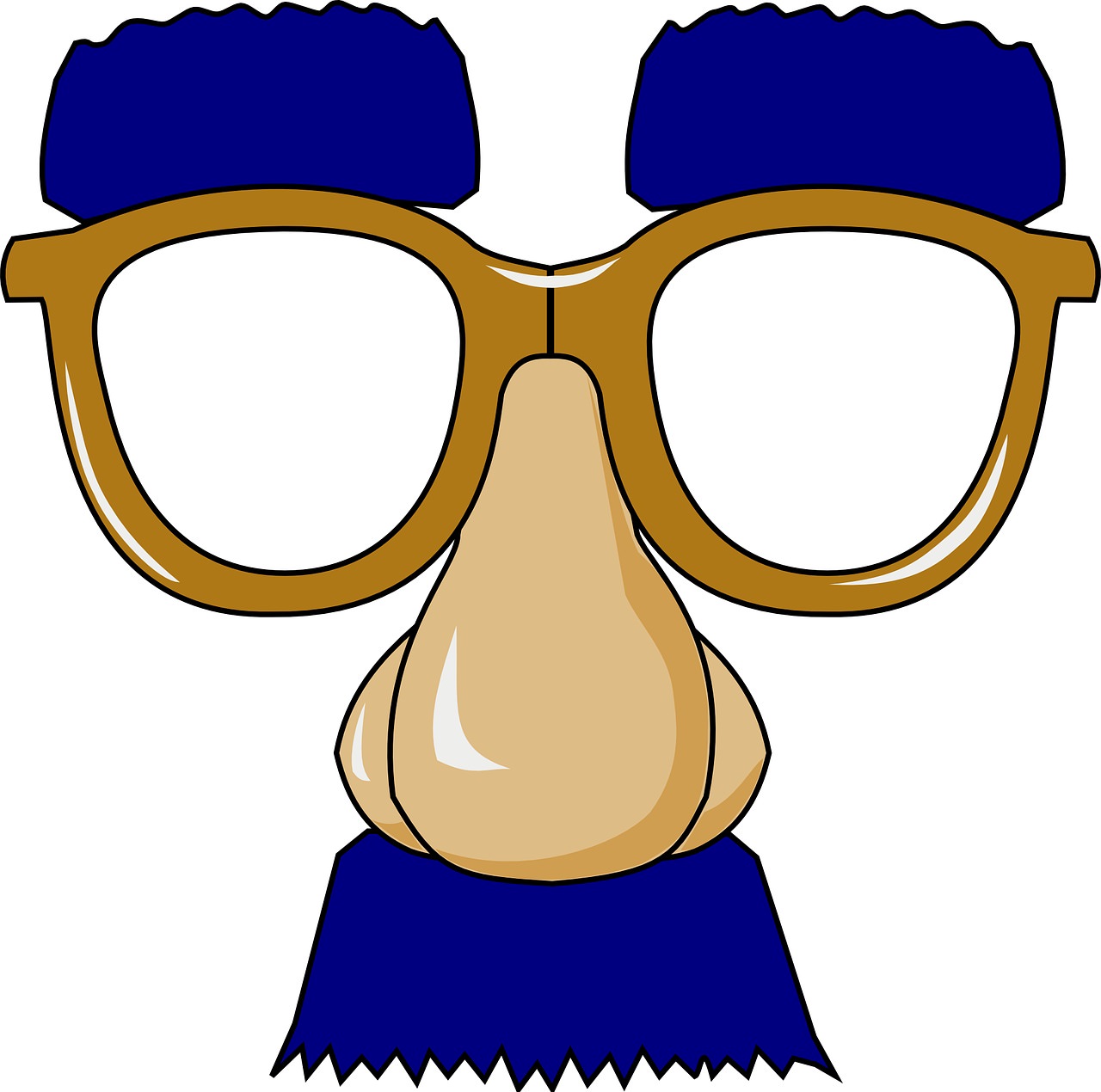Marina Ramirez-Alvarado, Mayo Clinic and a member of the Biophysical Society’s Committee for Professional Opportunities for Women and Committee for Inclusion and Diversity, and Dwight P. Wynne, California State University, Fullerton, explore the problem of imposter syndrome in this three part series. Read part two and part three.
Impostor syndrome – a chronic inability to properly internalize our own accomplishments, leading to feelings of incompetence not supported by external evidence – is a problem facing many of us in science and academia today. While there are plenty of resources available discussing how you, as an individual, can deal with or overcome your own personal impostor syndrome, we have yet to see actions addressing impostor syndrome on a broader level, especially within the scientific community.

Impostor syndrome is comprised of two different types of perception biases. First, people with impostor syndrome devalue their own set of skills. But equally insidiously, they also tend to define unrealistic goals as the benchmark for “success.” In other words, impostor syndrome is a nasty feedback loop of insecurity and perfectionism, and dealing with one of these issues may cause the other to rear its ugly head.
In our view, however, both of these features of impostor syndrome have the same root cause: a disconnect between who we are to ourselves and who our communities perceive us to be. When we frame it like this, impostor syndrome is not just an internal, personal struggle but one that can also affect a community.
To borrow a term from cognitive anthropologists Jean Lave and Etienne Wenger, the scientific community is a “community of practice.” What is meant by this is that the scientific community is a network of people who practice science, linked by both formal and informal connections, and sharing an unwritten set of rules and resources that facilitates communication and learning among its members. Within this scientific community, competence is often determined formally by receiving favorable reviews of papers, research accomplishments, teaching and mentoring awards, or any number of other ways in which we recognize the contributions of our members. At a local level, competence can be defined informally through interactions with one’s peers in the lab – in most scientific settings, such as a research laboratory, newer members quickly learn who to go to for help with specific problems.
However, engagement with science is often a very personal experience, and the community can only define competence through those parts of our experience we choose to share. The community typically doesn’t know how long we worked on something or how many of our experiments failed or how many things about the field we don’t know or are too embarrassed to admit we forgot. But we do. Therefore, we may be perceived by the community as more competent than we evaluate ourselves to be. This disconnect becomes personal in impostor syndrome: every accomplishment is seen as validation that we’ve managed to fool the community once again into believing we are competent, rather than evidence that we truly are competent and deserve positive feedback from the community.
However, competence is not just about our ability to do the work, but also about our ability to convince others in the community that we can do the work well. This second part requires us to adopt aspects of the community identity as our own. To be a scientist is to be perceived as a scientist. This sometimes means changing the way we dress (dressing down when we are in an informal setting, dressing up when we are in a more formal one) or the hours we work (the “everyone in this lab works 80 hour weeks” mentality), adapting our plans to the way a laboratory does experiments, or revising our presentations to connect with different audiences, to name a few. But it goes further: the way we look or the way we approach the world can also be associated with aspects of the community identity. For example, scientists who are white, male, and physically able are generally perceived to be more competent solely because they tend to look more like a “typical” member of the scientific community. If we do not fit with these visual expectations, we already begin our participation in the community at a disadvantage, and may continually have to fight uphill against a perceived lack of competence. With impostor syndrome, we magnify this tension between our personal and community identities as evidence that we’re not “real” community members. Instead of celebrating the ways in which we identify with the community, we struggle to reconcile the ways in which we don’t.
In the next part of this series, we will explore in further detail how these two dichotomies – personal experience vs. community competence and personal vs. community identities– can lead to impostor feelings that never quite go away and do us disservice.